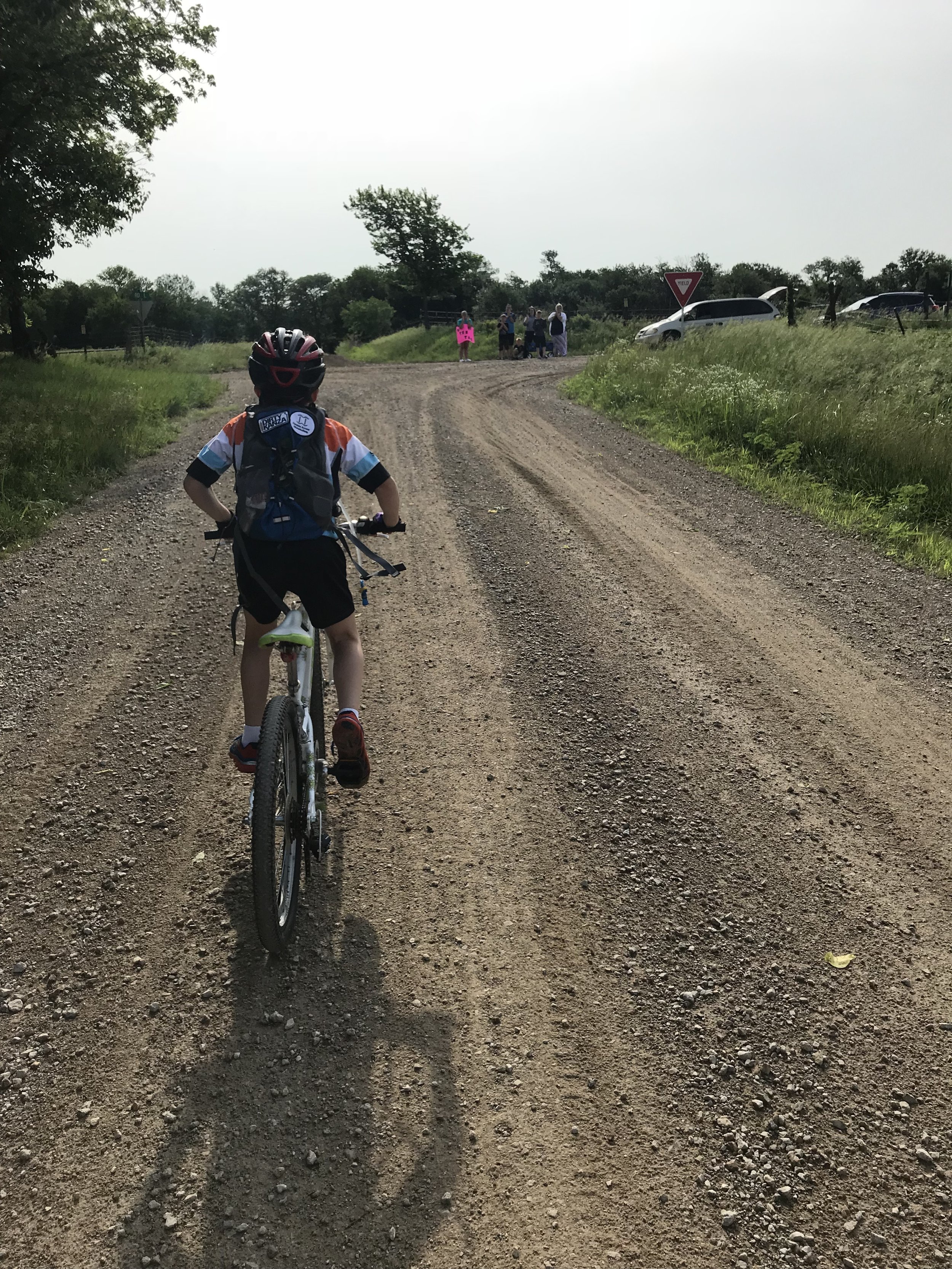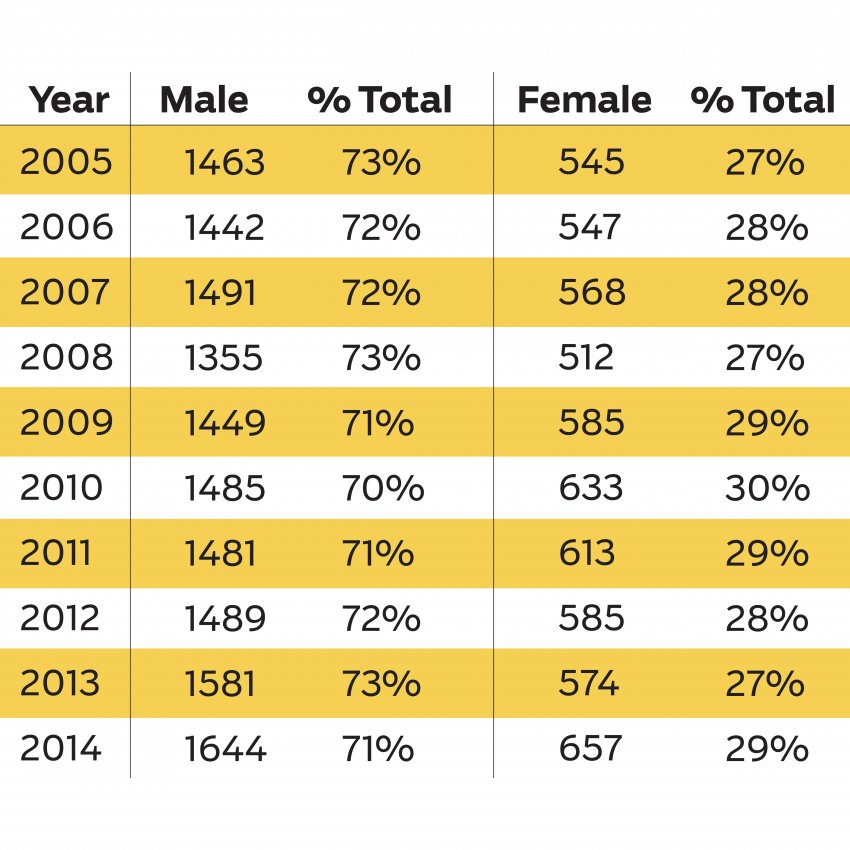This Dirty Kanza video showed up in my email yesterday
And this cornball teared up a little watching it. I'll carry a torch for this race as long as I live.
Playgrounds that are just a little bit dangerous are coming back, baby
When I visited my alma mater last spring, I was pretty bummed out that the old playground, made up largely of concrete pipe:
concretepipe.org
and buried tractor tires:
http://lapaceksorchard.blogspot.com/
had been completely replaced with the same safety-first playground equipment you can find anywhere:
Not Skyline's playground, but it might as well be. They all look alike. (playcreation.com)
The problem with this kind of playground isn't that it's ugly or unsafe. It's that it's boring. And kids don't want anything to do with a boring playground. It can't compete with omnipresent screens. Public playgrounds that allow for slightly riskier play (think swinging and teeter-tottering) on a variety of surfaces--nothing exotic, just sand, grass, gravel, and the like--see 53 percent more visitors than the ultra-safe playgrounds like the one above, and kids are 18 percent more physically active.
“The take-home message ... is: Stop setting your bar at the level of the most anxious parent. If you do that, you’re guaranteed to produce boring and dull playgrounds,” said Tim Gill ... “If you set your bar at the level of the average parent or maybe even at the level of the parents … who do want some more excitement and challenge in their kids’ lives, then, things start to look different.”
I like different. An abrasion, bruise, or even a broken bone here and there is the cost of doing business for raising interesting, innovative, resourceful kids.
The Dutch are known for their everyday, casual love of cycling. But their policies and infrastructure didn't come easily
"Rotterdam, for example, was completely obliterated during the Second World War and rebuilt in this post-war, modernist image — designing cities around the automobile, where people would live outside the city, commute by car into the city every day, and everyone would have more light and space and air. They’d be living happily in the suburbs.
It didn’t take long for Rotterdammers to realize this wasn’t the future they wanted. The spaces they were building were inhospitable to walking and cycling and public transit. Cycling rates were plummeting. There were more road fatalities.
So, not just in Rotterdam, but in cities across the Netherlands in the ’70s, there was a real rejection of this car-centric urban planning.
Some of them resisted better than others. In Rotterdam, they managed to reverse the tide and retrofit some of these spaces for other modes of transportation. But certainly a lot of Dutch cities made mistakes. In Utrecht, they paved over canals. In Amsterdam, they came just a single city council vote away from demolishing the Jewish quarter of their city to build a four-lane motorway."
But now cycling transcends politics:
Chris Bruntlett: ...We had conversations with politicians there and they made it perfectly clear: Even the right-wing in the Netherlands has to support more spending on cycling.
David Roberts: Because of public pressure, public opinion?
Chris Bruntlett: Exactly. It’s not a tenable or realistic position to win an election when probably 80 percent of the population cycles at least once a week.
Building on all that NZ pregnancy cycling momentum from last week. (Pic: Modacity/Vox)











